Federal Budget 2021: Affordability, tax reform, foreign investment top property agenda
Housing affordability, foreign investment and tax reform top real estate’s wishlist. Here’s your guide.
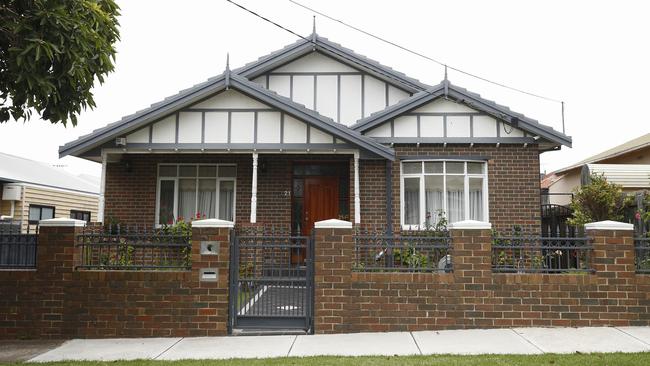
Mortgage payments should be made tax deductible for first-home buyers, stamp duty scrapped and foreign investors enticed to return to Australia.
The nation’s powerful property industry lobby groups have released an unusual wishlist ahead of this year’s federal budget.
But they believe the bold moves could address housing affordability and supercharge the nation’s economy.
Treasurer Josh Frydenberg is due to hand down the government’s financial plan for the year ahead at 7.30pm on May 11 as the country takes further steps in its economic recovery from COVID-19.
In the lead up to last year’s Budget, presented in October instead of May due to the pandemic, Victoria had suffered six consecutive months of home value declines.
RELATED: Signs Melbourne property market is cooling: CoreLogic home values
federal budget 2020: ‘Devastating’ failure to invest in social housing
2020 federal budget: Property industry laments missed chances
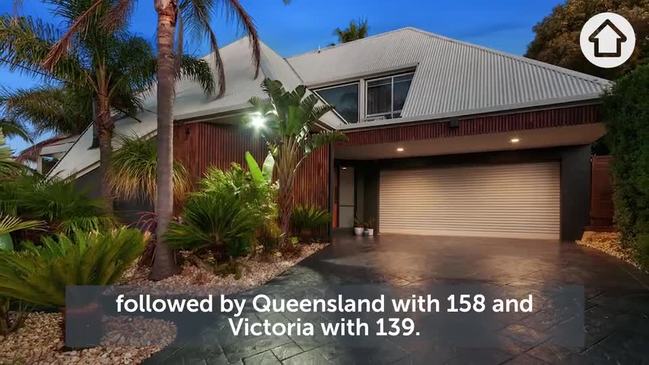
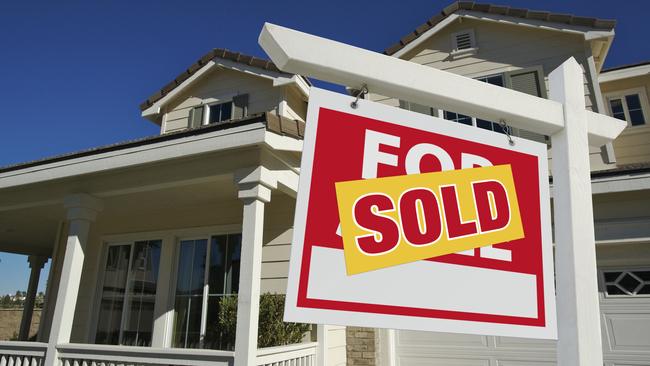
Melbourne was worst hit of all the capital cities, with values tumbling 0.9 per cent in the month prior to the Budget.
But in March, CoreLogic research director Tim Lawless told the Herald Sun the city’s market had regained the 5.6 per cent drop in dwelling values it suffered through the pandemic.
Melbourne’s median house and unit value now sits at $744,679, while regional Victoria’s is $457,194, according to CoreLogic’s Hedonic Home Value Index.
Mr Lawless said there were now concerns the nation’s rapidly rising property prices had made affordability a problem.
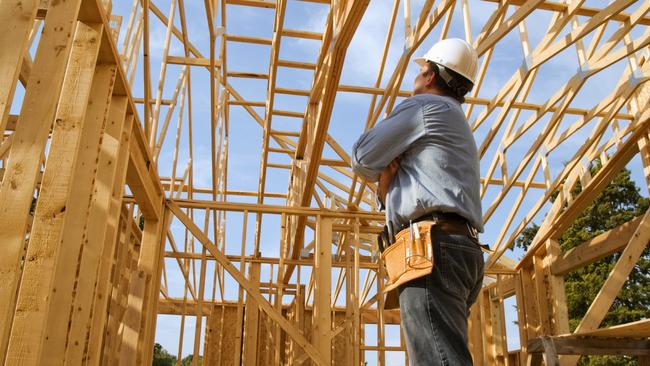
The Housing Industry Association said in its pre-Budget submission Federal Government incentives such as the $2.5bn HomeBuilder scheme had helped prop up the industry by ensuring projects remained in the pipeline.
But it said more action was needed to address housing affordability.
HIA advocated for expanding the First Home Loan Deposit Scheme, the Property Council called for the shortage in social housing to be addressed and the Real Estate Institute of Australia has demanded “fairer” tax incentives to help first-home buyers.
Here’s why each should be a part of this year’s budget:
First Home Loan Deposit Scheme (FHLD)
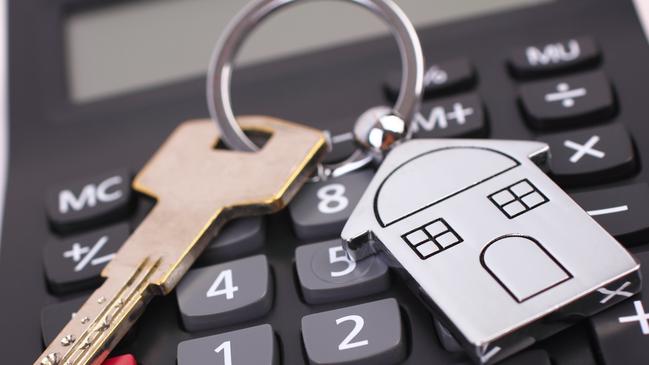
First announced ahead of the Federal Government’s 2019 Budget, under the FHLD scheme the government guarantees up to 15 per cent of a home loan so first-time buyers only need a 5 per cent deposit.
The pilot program was initially meant to benefit just 10,000 Australians a year who planned to build a new home or buy an existing dwelling and had a $600,000 value cap for property purchases in Victoria.
A further 10,000 places were added in July last year, but only for those building a new home — though the price cap was raised to $850,000.
HIA wants an assurance the temporary program will be made permanent, and it wants the 10,000 per annum cap removed entirely or “substantially” increased.
Both they and the REIA are calling for the program to be expanded again this year, giving more than the “arbitrary number” of 10,000 people a chance to access it.
It also says buyers should be allowed to purchase established homes as only 10 per cent of first-home buyers typically choose to build new dwellings.
Social housing
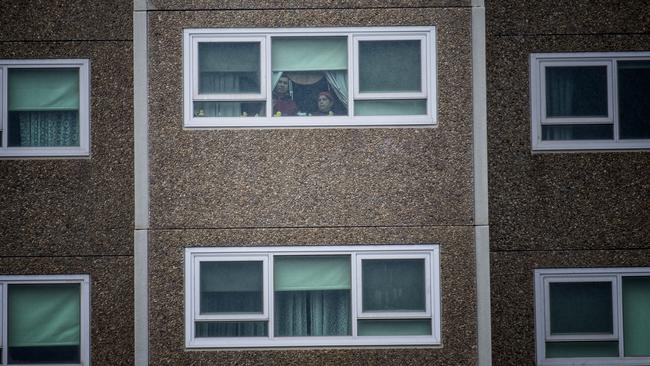
As well as providing much-needed housing support for vulnerable Australians on low incomes, boosting construction of social housing will support jobs and help the economy, industry groups say.
Anglicare Australia’s rental affordability report released last month shows the number of low cost dwellings suitable for people on tight budgets crashed in the past year.
The data showed just 386 homes surveyed out of 74,000 rental listings across Australia were affordable for a single person on the aged pension.
Only 236 were affordable to a person on disability support, three were in the price range of a person on JobSeeker and none were affordable to someone on Youth Allowance.
The Property Council noted the country’s $234.7bn property industry was “Australia’s biggest industry, accounting for 12.8 per cent of the nation’s economic activity”.
It pays a total $106.1bn in taxes to all levels of government and one in four people are believed to derive their wage from the industry.
The Property Council has suggested bringing together community housing providers, the development sector, investors, state governments and the federal treasury to find a way to incentivise the private sector to build affordable housing.
The HIA wants the government to develop a funding package to deliver long-term social and affordable housing units to increase stock levels.
It suggests a “land rent” scheme could also be introduced to make surplus government land available for social and community housing projects.
Immigration and population growth
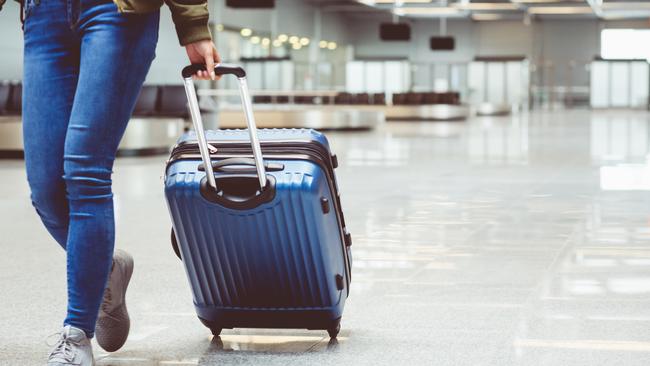
The disruption to immigration and drop in population growth will weigh heavily on housing demand, according to HIA.
It predicts a material drop in residential building activity will become apparent next year, but are unsure how long it will last due to uncertainty around when immigration will return.
The HIA is therefore asking the government to outline a pathway to restore immigration and suggests removing the current 160,000 migrants a year cap.
Skilled workers and students should be the priority in the short term, it said.
The Property Council believes COVID-safe migration could “accelerate Australia’s economic recovery”.
“One of the nations most important policy challenges in the next six months is to scale up our COVID-safe international border and quarantining arrangements to support economic growth,” it said.
“(It) is becoming clearer that Australia is still likely to require enhanced border arrangements until 2022 and beyond … Australia also risks losing ground to our competitors as students and high value workers choose other countries.”
Australians stranded overseas would remain a priority, but it also wants more travel bubbles established with COVID-secure countries, the prioritisation of skilled worker migration, state and territory quarantine processes to be expanded, and fast-tracked pre-approval testing.
The government should also work with universities to get international students back in Australia for second semester this year.
Tax reform
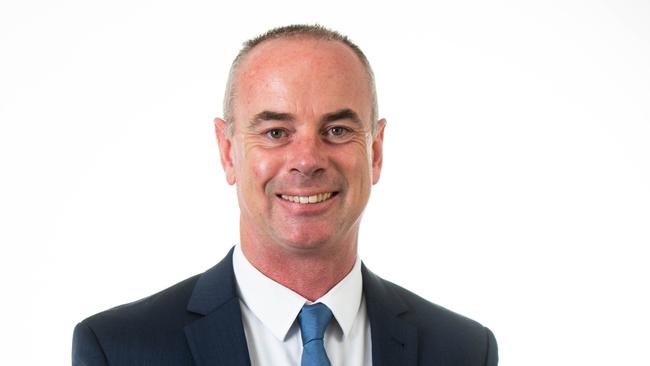
REIA President Adrian Kelly said in his Budget submission the virus was “caught and managed” in Australia and it was now time to examine key issues fundamental to the country’s 10-year plan.
“Housing prices and affordability have been absolute flashpoint issues since the onset of the pandemic,” he said.
“As the housing market remains extremely competitive it is time to increase our efforts.”
These included by making property taxation incentives fairer and making interest rates for first-home buyers tax deductible up until a certain cap.
REIA estimates this would leave first-home buyers about $4000 better off each year.
It also says voluntary superannuation contributions and earnings should be able to be accessed by first-home buyers.
The HIA wants stamp duty scrapped altogether.
It says in its Budget submission the tax “falls on a small cohort of households” who move for various reasons to generate an income for the government.
People move for employment, education, health or financial reasons and the tax could prove to be a barrier to people hoping to move house because it added additional costs.
“HIA supports broadbased taxation that collects sufficient revenue to provide necessary government services from the community and is not focused on a small cohort,” it submitted.
Foreign investment
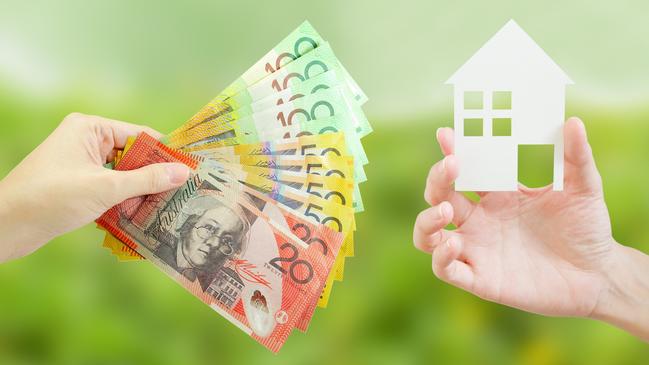
Building houses, shopping centres, offices, hotels and retirement villages requires capital.
Given Australia is “heavily reliant” on wholesale capital from within the country and overseas to build such infrastructure, the Property Council said regulatory changes were needed at the state and federal levels to make it easier for local and foreign companies to invest.
It also wants changes to Foreign Investment Review Board rules it says have created more stringent thresholds, higher transaction costs and longer approval times.
“When considered together, these imposts have impacted the relative attractiveness of investing in Australia by creating uncertainty, increased costs and red tape,” it said.
It’s also calling for no new taxes or regulatory barriers to investment, an assurance Australia will have a competitive foreign investment framework, increased speed and efficiency of FIRB processing times, and a reduction in “inhibitive” FIRB fees.
HIA wants the Commonwealth Vacancy Fee, which forces foreign owners of residential dwellings in Australia to pay a fee if their home is not occupied or leased for more than six months, to be waived while borders remain closed.
It also wants the government to remove foreign investor surcharges for residential property purchases.
— with Nathan Mawby
Sign up to the Herald Sun Weekly Real Estate Update. Click here to get the latest Victorian property market news delivered direct to your inbox.
MORE: Descendants of Melbourne knight collect $100m+ for family farm
Christa Billich: Real Housewives star buys Bonnie Brook pad with kitchen pool
Tom Browne lists Prahran pad he and wife Tara renovated for sale
Originally published as Federal Budget 2021: Affordability, tax reform, foreign investment top property agenda
